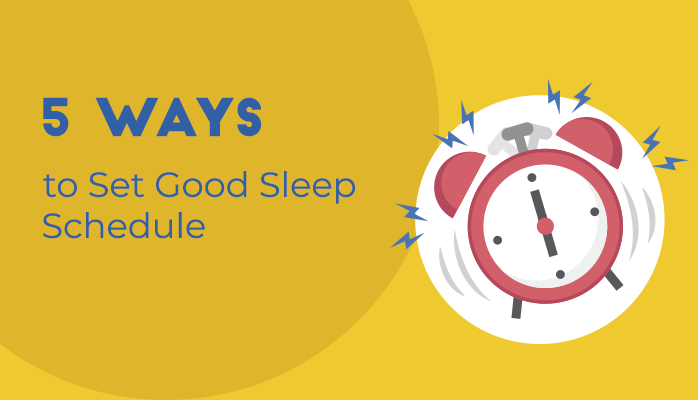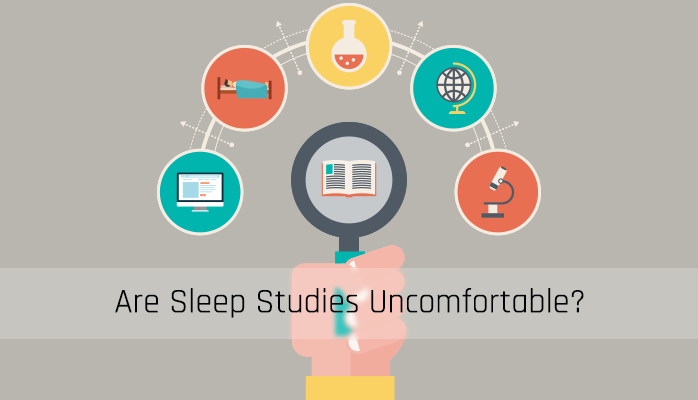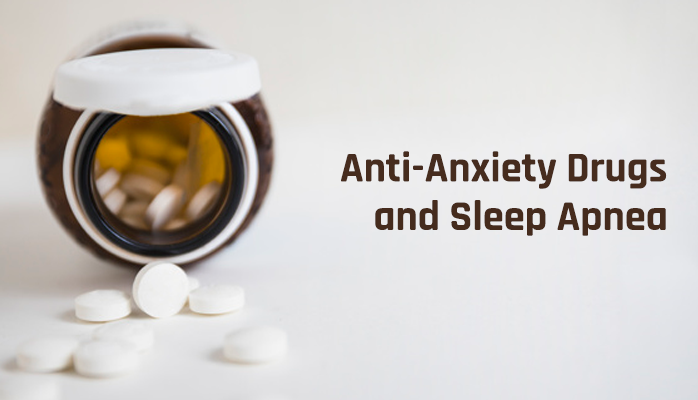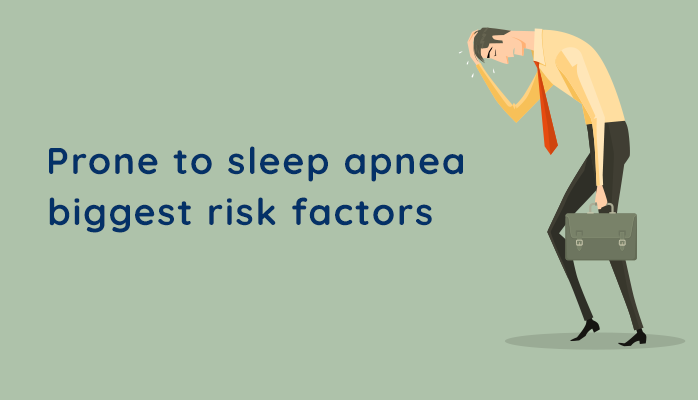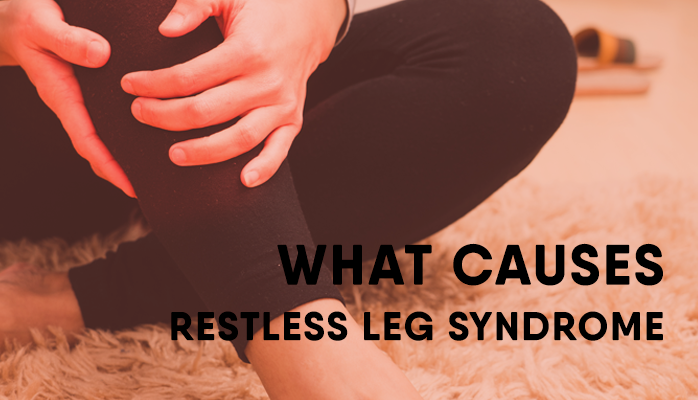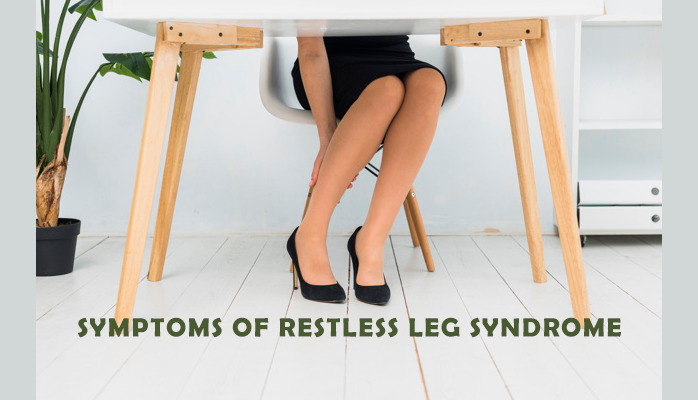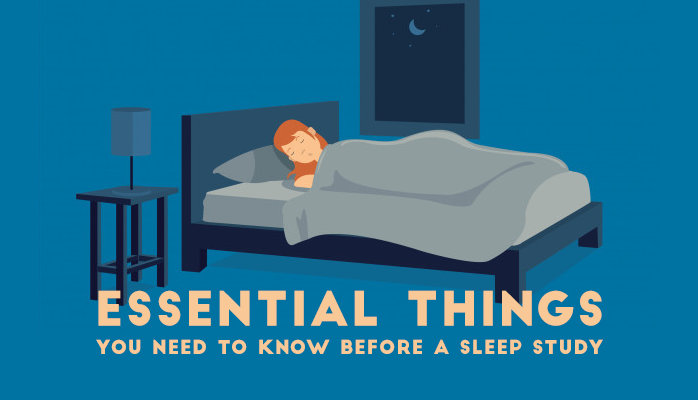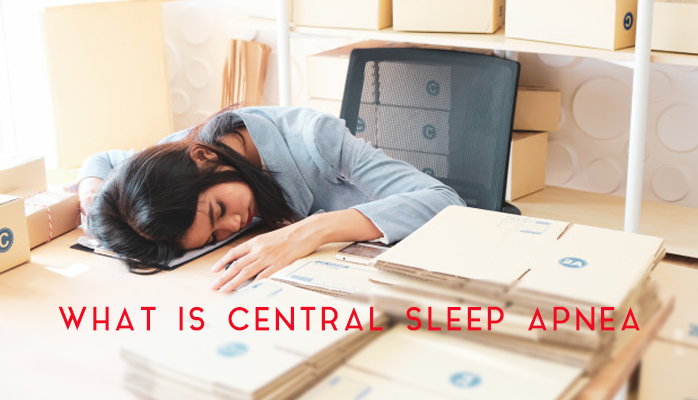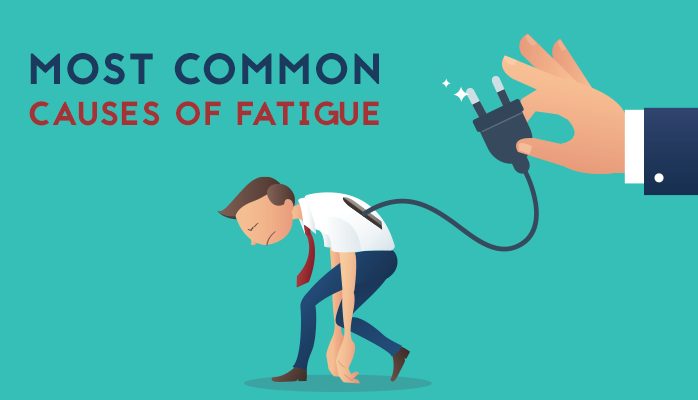Summers and winters in Alaska can both make sleep challenging. The extreme lighting conditions don’t provide the transition from light to dark and dark to light in the morning/evening that prompts us to get tired and wake up. Because of this, setting a good sleep routine can be extremely hard.
If you're unsure about how you are being impacted by the lighting conditions, here are some signs that your sleep schedule, or lack thereof, isn’t working:
- You never feel completely rested
- You perform less in many important areas of life (work, relationships, etc.)
- You chronically feel fatigued
- You are unable to stay awake throughout the day
- You feel a sudden onset of extreme fatigue throughout the day
- Your memory begins to fade
- You lack focus or concentration
- You feel a chronic brain fog
- Every morning starts with a headache
- You experience uncontrollable anxiety and depression
- Overall, your mood is very labile
If these symptoms begin or worsen during Alaskan winters and summers then they may be related to a sleep disorder, such as insomnia and circadian rhythm disorders. Regardless of these extremes, it's still vital to get good rest. Continue reading to learn more about how to function, despite these challenges.

